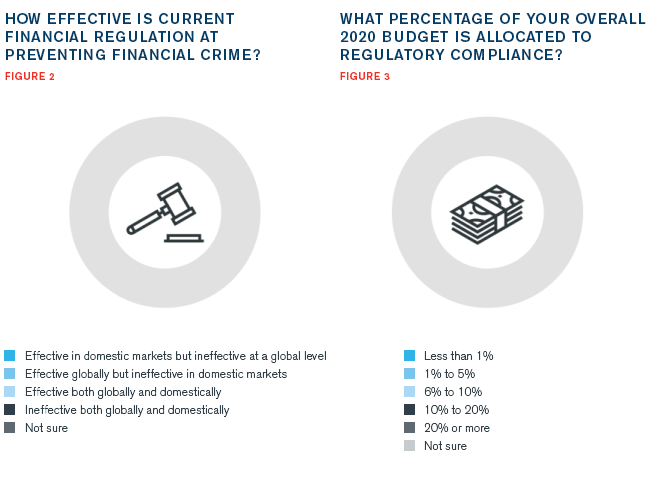
A non solicitation agreement is a contract between an employer and an employee that prohibits employees from soliciting clients while employed. This agreement can be restrictive or flexible depending on the facts. Learn how to draft a Non-Solicitation Agreement. What you need and what your goals are will dictate whether a non solicitation agreement is right. These are some factors to consider when looking for a nonsolicitation agreement for your employee.
Non-solicitation Agreement is a contract between a company and one of its employees.
The simplest type of non-solicitation agreement for an employee is one that prevents them from competing with other companies for the same job. In other words, a high-ranking salesperson cannot approach a company's customers to ask them to switch suppliers. What if your employer wants to protect intellectual property? Here's what to include in a non-solicitation agreement.

It prohibits employees from soliciting customers
A non-solicitation contract is one that prohibits employees soliciting clients from the former employer. This is different than a non-compete agreement, which prohibits employees from soliciting former clients. It can also include theft, poaching, or using confidential information for another business. It is up to the employer to determine what constitutes solicitation. Although each company's definition is different, there are common elements.
It can be flexible
To make flexibility work for your company, first you need to get employee input. If your company is reluctant to change, try introducing it gradually in a department at a time. In order to achieve maximum flexibility, it is important to carefully plan the transition. Employees can be the best judges of what is real in their job, the constraints and resources they face, as well as the support they require to succeed. Allow them to help you create flexible workplaces that are beneficial for everyone.
It can be restrictive
It all depends on the circumstances in which non solicitation arrangements were created. While non solicitation agreements are typically signed by employers as a condition or employment, it is possible to ask employees to sign them when negotiating severance. Robert Ottinger is an employment lawyer who says non-solicitation contracts are used in every job. However, salespeople are most at risk. This means that salespeople are more likely be asked for non-solicitation deals by employers than from other employees.

It is possible to make it enforceable
In some cases, a non-solicitation agreement is enforceable, even though it causes hardship for the former employee. Courts have upheld non-solicitation agreement validity, which prevents former employees competing with the company. However, an agreement may prohibit a former employee who is not subject to the restrictions from pursuing a career that is more lucrative. Regardless of how long it takes for a non-solicitation agreement to become effective, there are some considerations you should make before signing one.
FAQ
How do I attract clients to my consultancy business
Find an area that you are passionate about. You can choose to be passionate about anything, from public relations and social media. You might have to start small, such as by finding niche markets like web design. Once you find the right niche, it is important to know what makes it tick. What problems does it solve What problems can it solve? What can you do to support them?
You can also approach businesses directly.
If all else fails, why not offer your services at free events like networking evenings and conferences? This will allow you to meet potential customers without the need for advertising and also allows you to showcase your skills.
Why would a company employ a consultant to help them?
Consulting provides expert advice about how to improve your business performance. Consultants are not here to sell products.
A consultant helps companies make better decisions by providing sound analysis and recommendations for improvement.
Senior management teams often have consultants working closely with them to help them understand their needs.
They offer coaching and leadership training to help employees achieve their highest potential.
They may advise businesses on reducing costs, streamlining processes, and increasing efficiency.
What can I count on from my consultant to help me?
When you choose your consultant, they should respond within a few working days. They will ask you for information about your business, including the mission, goals, products, and budget. Next, they'll provide a proposal describing the scope and estimated time frame, fees, deliverables or milestones, as well as an estimate of costs.
If everything looks good, then the two parties will negotiate a written contract. The terms of the contract will depend on the type of relationship between the two parties (e.g., employer-employee, employer-independent contractor).
If all goes well, the consultant will start working immediately. The consultant will have full access to your files and resources. You'll also have access to their skills and knowledge.
Don't assume that someone who is a consultant knows everything. It takes time and practice to become an expert on any subject you consult. Don't expect your consultant know everything about your company.
Statistics
- 67% of consultants start their consulting businesses after quitting their jobs, while 33% start while they're still at their jobs. (consultingsuccess.com)
- According to statistics from the ONS, the UK has around 300,000 consultants, of which around 63,000 professionals work as management consultants. (consultancy.uk)
- My 10 years of experience and 6-step program have helped over 20 clients boost their sales by an average of 33% in 6 months. (consultingsuccess.com)
- According to IBISWorld, revenues in the consulting industry will exceed $261 billion in 2020. (nerdwallet.com)
- Over 62% of consultants were dissatisfied with their former jobs before starting their consulting business. (consultingsuccess.com)
External Links
How To
How to find the best consultant
The first thing to do when looking for a new consultant is to ask yourself what you want from him/her. Before you start looking for someone to work with, it's important that you know your expectations. You should make a list of all the things you need from a consultant. This could include things like; professional expertise, technical skills, project management ability, communication skills, availability, etc. Once you have identified your requirements, you might consider asking friends and colleagues to recommend you. Ask your friends or colleagues about any negative experiences they have had with consultants, and compare their recommendations with yours. You can also do some online research if you don't know of any. There are many websites, such as LinkedIn, Facebook, Angie's List, Indeed, etc., where people post reviews of their previous work experiences. Look at the ratings and comments left by others and use this data as a starting point for finding potential candidates. Once you have narrowed down your list, reach out to potential candidates and set up an interview. You should discuss your requirements with the candidates and ask them how they can help. It doesn’t matter who recommended them to you, just make sure they understand what you are trying to achieve and how they can help.